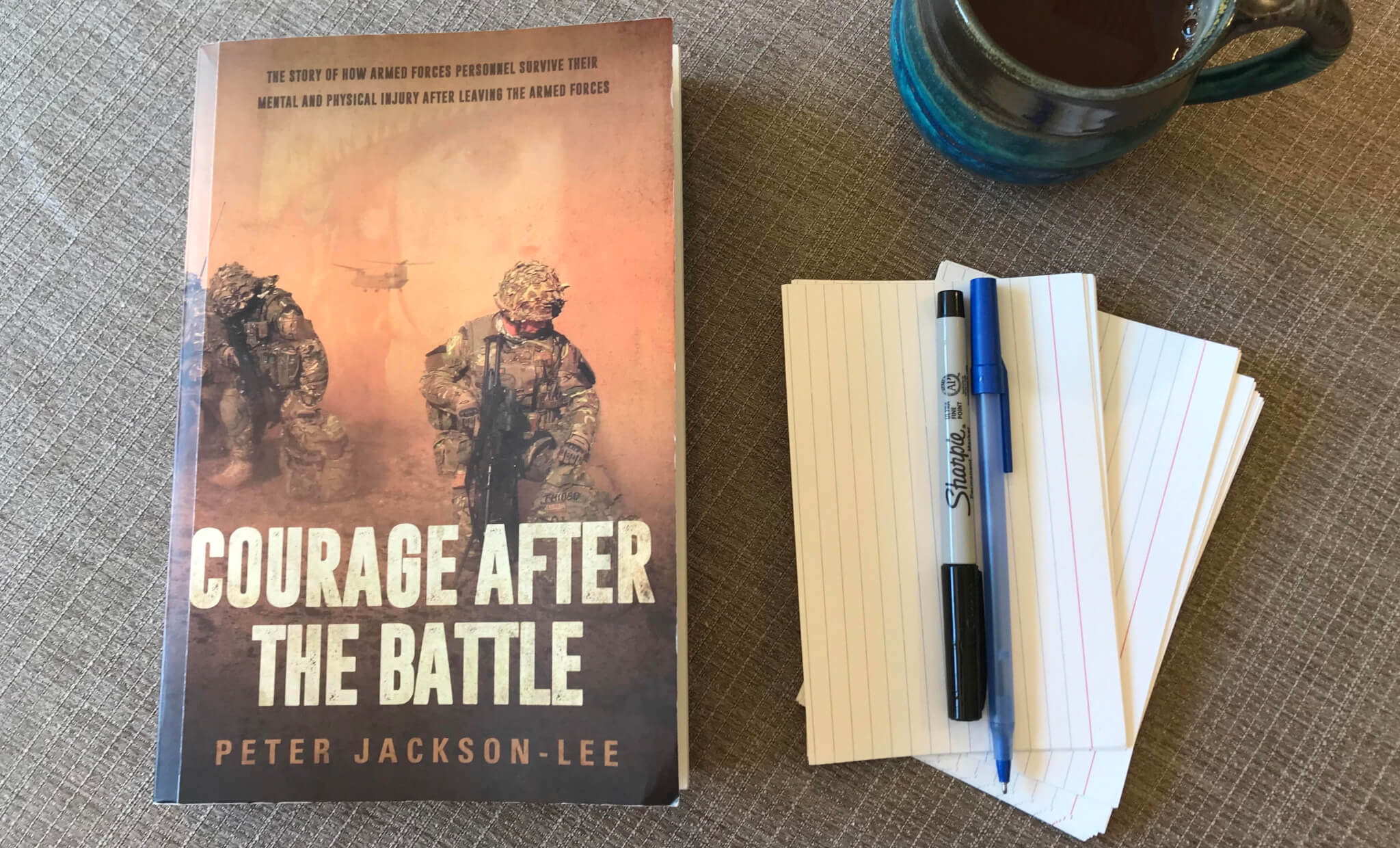“Courage After the Battle” by Peter Jackson-Lee explores the experiences of military personnel who are wounded while serving on active duty, aiming to educate civilian readers about these challenges and provide support for service members.
Focusing mostly on the British Armed Forces, this text considers the conditions that have historically led to severe physical and mental injuries, and examines various United Kingdom organizations that have been established to treat and heal those wounds afterward. The book’s structure follows the process of being assessed, evacuated and treated for various severe injuries, with a substantial portion of the text devoted to the long-term impacts of these wounds, both on the service members and their families.
In this text, Jackson-Lee critiques how current systems serve, or fail to serve, the military personnel who sacrifice for the benefit of their home countries. Courage identifies areas of organizational weakness and asserts the need for improved support, considering the plethora of private charities that have been established to pick up where national health programs leave off, or where, Jackson-Lee argues, national programs fail to adequately support military personnel.
The book is organized thematically and can function as a research manual or reference text. Jackson-Lee’s text incorporates extensive evidence in the form of individual anecdotes, government statistics, first-hand accounts, scholarly research and information gleaned from non-profit organizations. This varied collection of evidence renders the text much like a mosaic or a patchwork quilt, comprising uniquely distinct components that combine to form an intricate whole and tell a larger story. At the end of the book, Jackson-Lee provides a detailed index of U.K. charities that were created to support service personnel.
While the writing in the book can sometimes feel a bit wandering and lacking focus, this text sounds an important alarm and implores readers to critically consider the relationship between civil society and the armed forces.
Readers are encouraged to reflect on society’s responsibility to its military service members, and consider how well society is repaying its debt to those individuals. At the same time, this text provides a mechanism through which the often-unheard voices of the men and women who have sacrificed so much for the common good can truly be heard and valued.







































